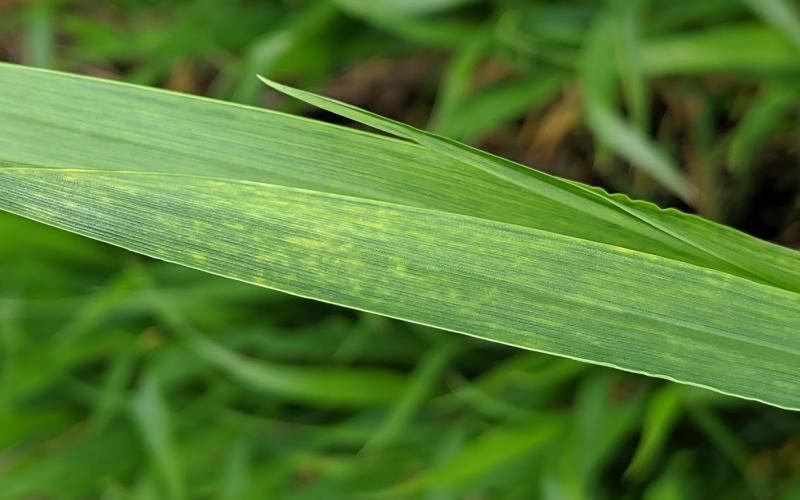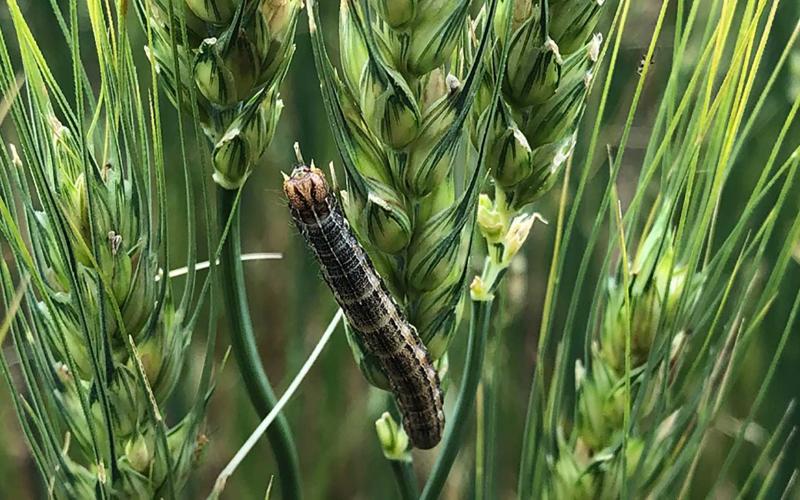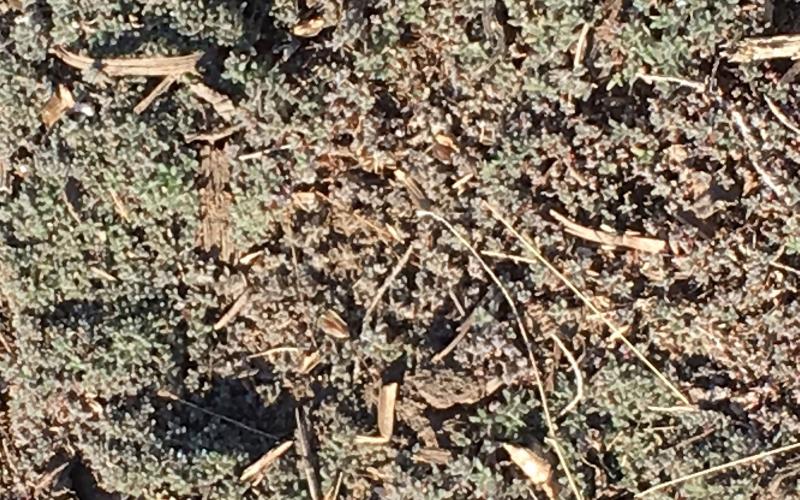There are times when farmers need unbiased answers. That’s what we are here for. The SDSU Extension team provides unbiased, research-based information to help wheat growers make decisions to improve yields and profits.
Collaborating with South Dakota Agricultural Experiment Station at SDSU, throughout the growing season, our team showcases local data collected from test plots in a field near you.
Farming is all about timing. Use our research-based resources for planting, growing and harvest.
Our Experts
Topics
Featured Resoures
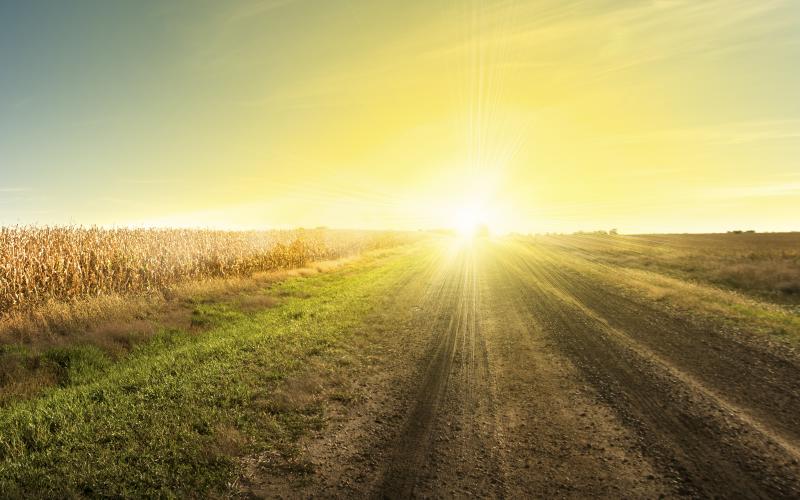
South Dakota Pest Management Guides
The South Dakota Pest Management guides are now available for free. The guides offer recommendations for controlling weeds, insects, and diseases in a variety of South Dakota crops.
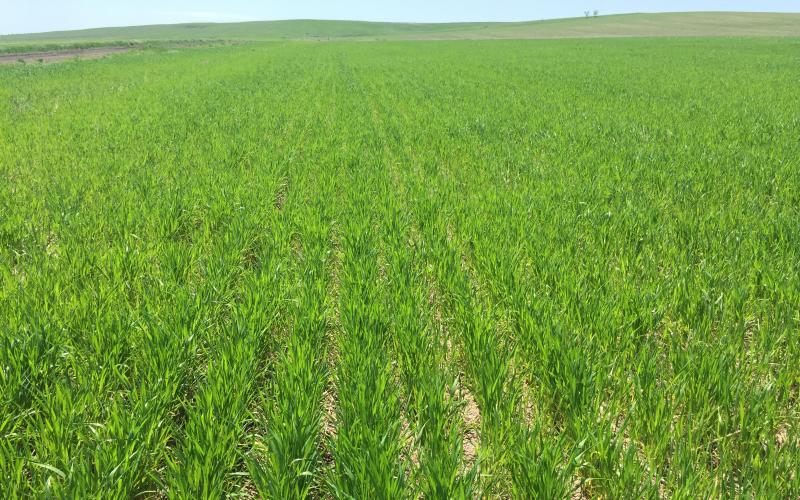
Winter Wheat Variety Trial Results
The Winter Wheat Variety Trial Results are crop performance testing data from various locations across South Dakota.
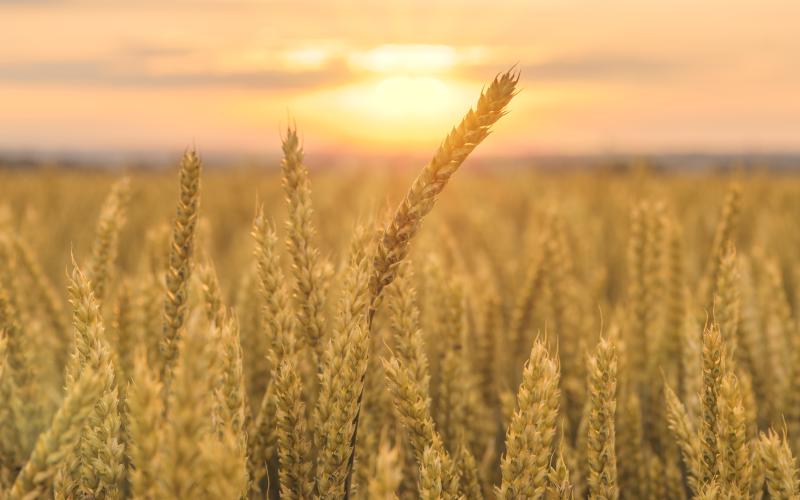
Spring Wheat Variety Trial Results
The 2025 spring wheat variety trials were planted throughout various locations in South Dakota.
Upcoming Events
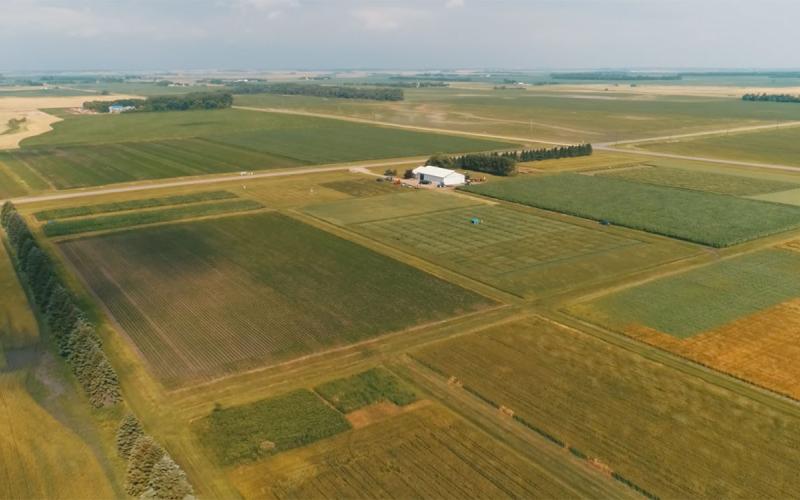
Crop Hour
SDSU Extension Crop Hour webinars provide valuable information for South Dakota crop producers to help them improve their profitability and prepare for the upcoming season.
Related Content
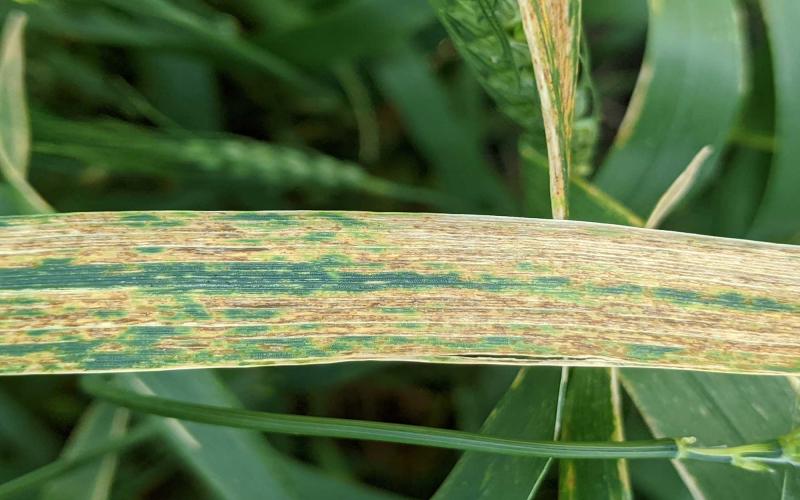
Bacterial Leaf Streak Initiative Conference
The fifth annual Bacterial Leaf Streak Initiative Conference will be held from March 30-31 at SDSU Alumni Center - Woster Celebration Hall (815 Medary Ave., Brookings, SD 57006).
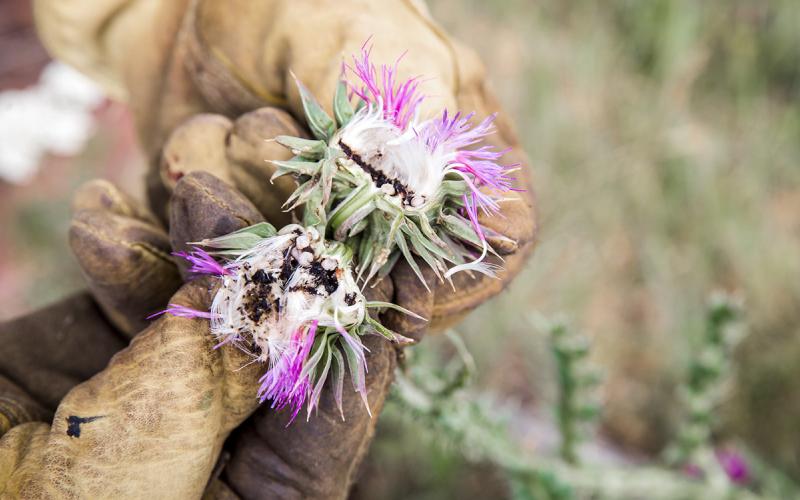
Now is the Time to Plan for Noxious Weed Control in 2026
Most of South Dakota experienced first frosts that were delayed by at least one month, allowing for noxious weed growth to continue later in the season. Now is the time to plan for noxious weed management tactics.
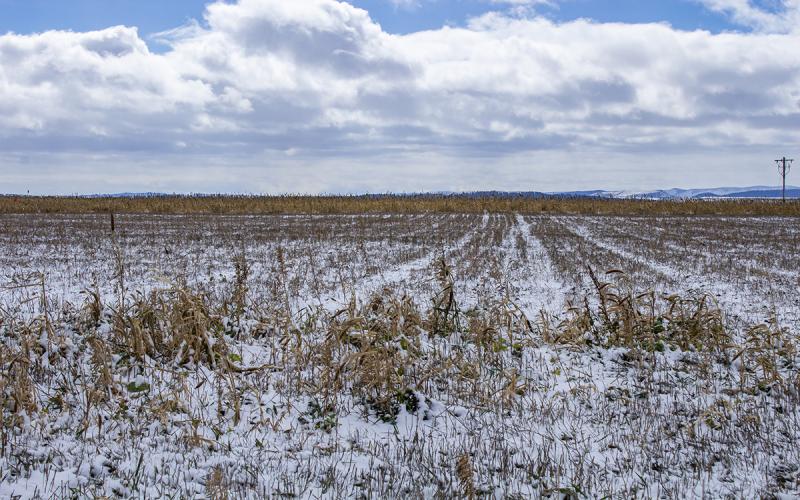
Now is the Time to Prepare Your Weed Management Plan for the 2026 Growing Season
As harvest season comes to an end, now is the time to start formulating your weed management plan for next year. Learn some expert tips for getting your operation off to a good start this coming growing season.









